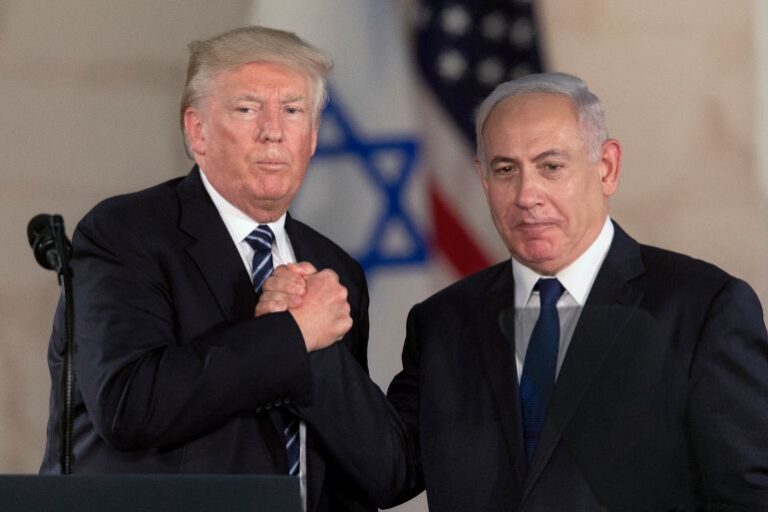Overnight on June 13–14, 2025, Israel and Iran exchanged heavy missile fire, escalating tensions in the Middle East. Iran launched hundreds of ballistic missiles and drones at Israeli cities, including Tel Aviv and Jerusalem, in retaliation for Israel’s recent airstrikes on Iranian nuclear and military sites. Explosions were heard in both cities, and air raid sirens sounded nationwide. Israeli air defenses, including the Iron Dome system, intercepted many of the incoming projectiles, but some missiles did reach their targets, causing casualties and damage. Casualties and Damage:Israel: At least five people were injured in the Tel Aviv area, with one in moderate condition and four lightly injured by shrapnel. The Israeli military reported that most of the Iranian missiles were intercepted or missed their targets. However, there were reports of trapped individuals in Tel Aviv and Ramat Gan. Iran: Iran’s Supreme Leader Ayatollah Ali Khamenei vowed revenge for Israeli attacks in a televised speech, stating that the military was prepared to counterattack. Iran reported 78 fatalities and over 320 injuries due to Israeli strikes, many of whom were civilians. International Reactions:United States: The U.S. assisted in intercepting missiles targeting Israel and has been criticized by Iran for complicity. Diplomatic efforts face uncertainty, with Iran potentially withdrawing from upcoming talks in Oman. United Nations: The U.N. confirmed the destruction of Iran’s Natanz enrichment facility and is assessing additional damage at Fordow and Isfahan. The U.N. has called for a ceasefire and warned against further escalation. Current Situation:The conflict has ignited fears of a wider regional war. Both sides have vowed to continue their military operations, and the situation remains volatile. Residents in affected areas are advised to stay in shelters and follow official safety instructions.
Your real sport news source




